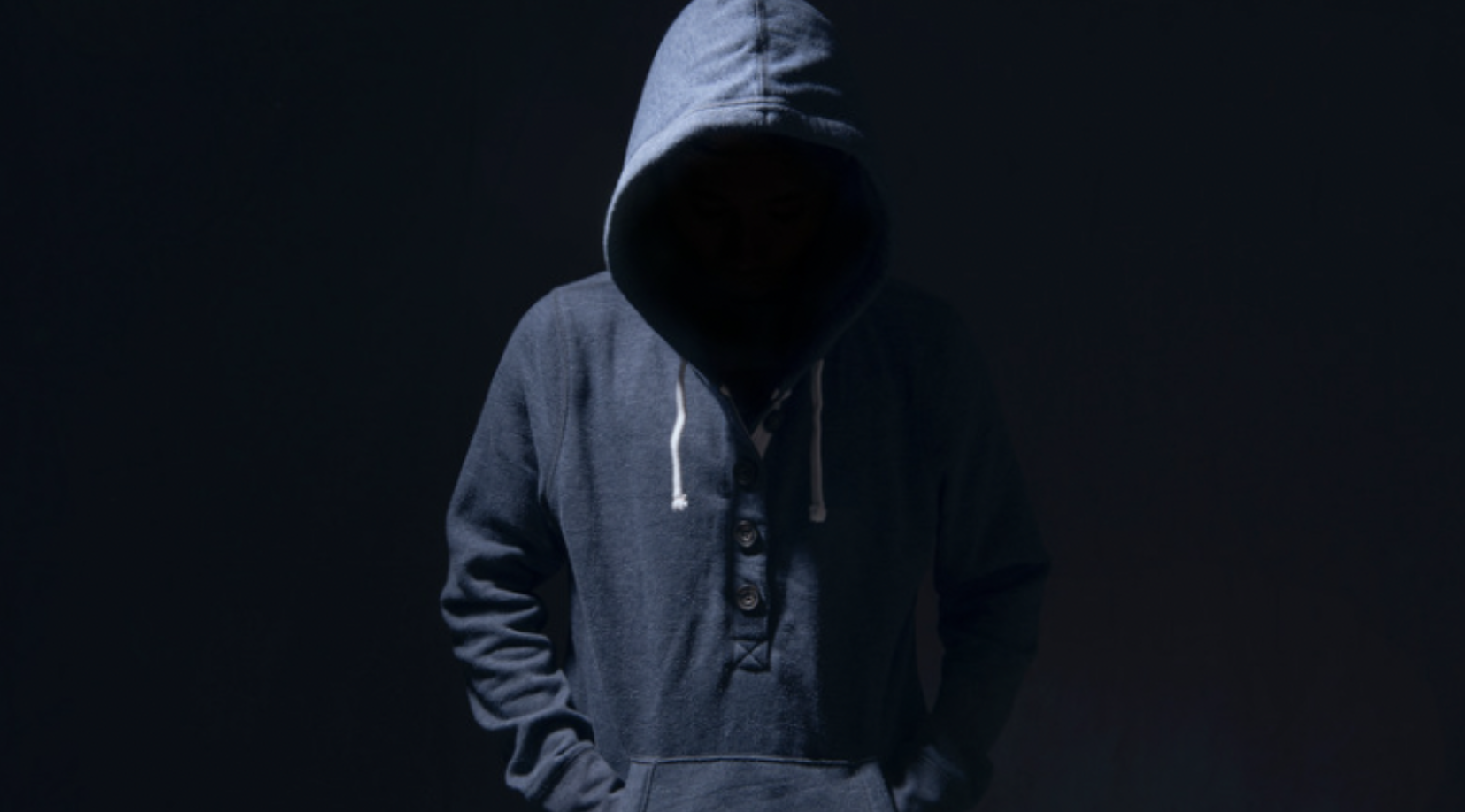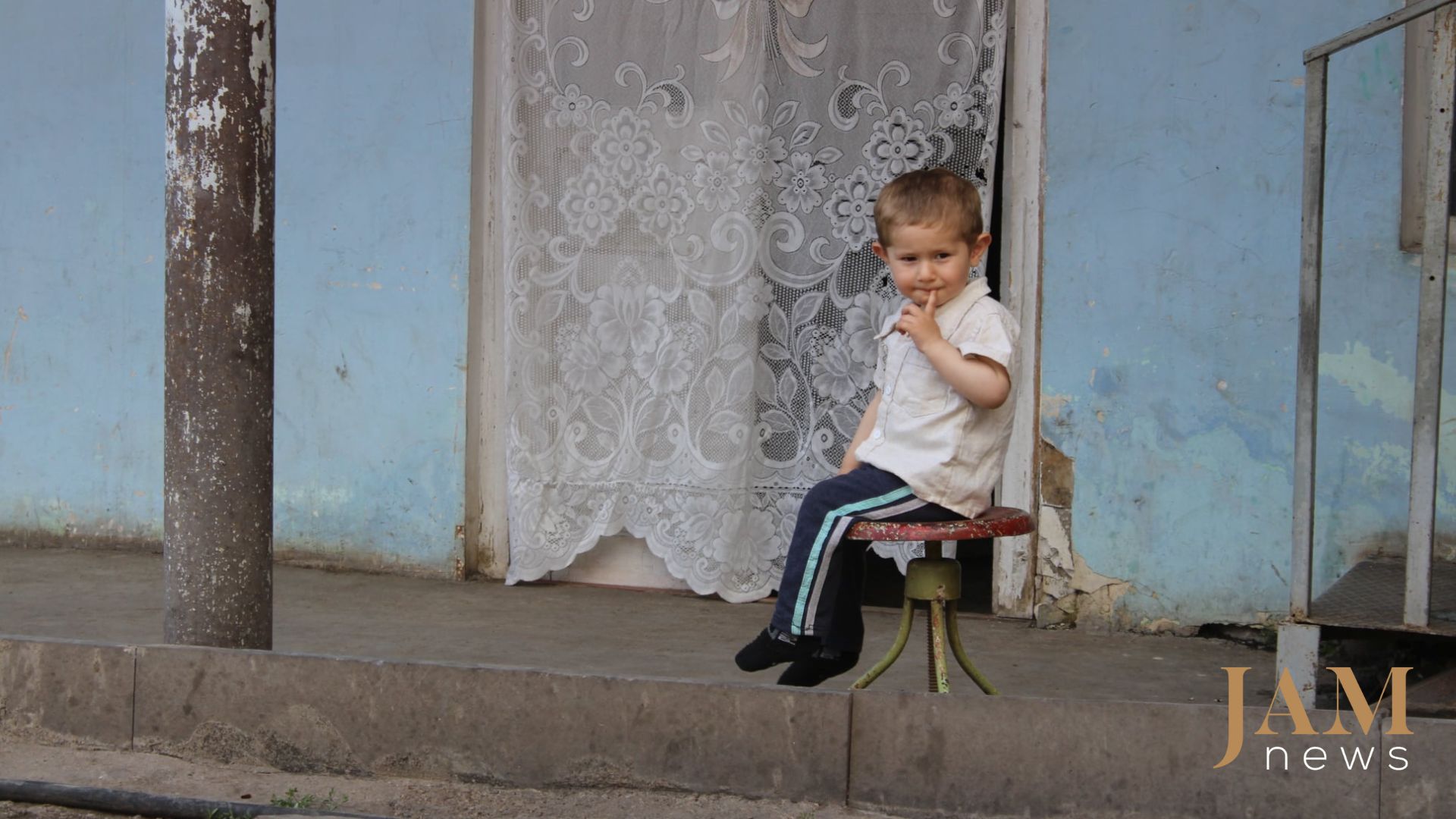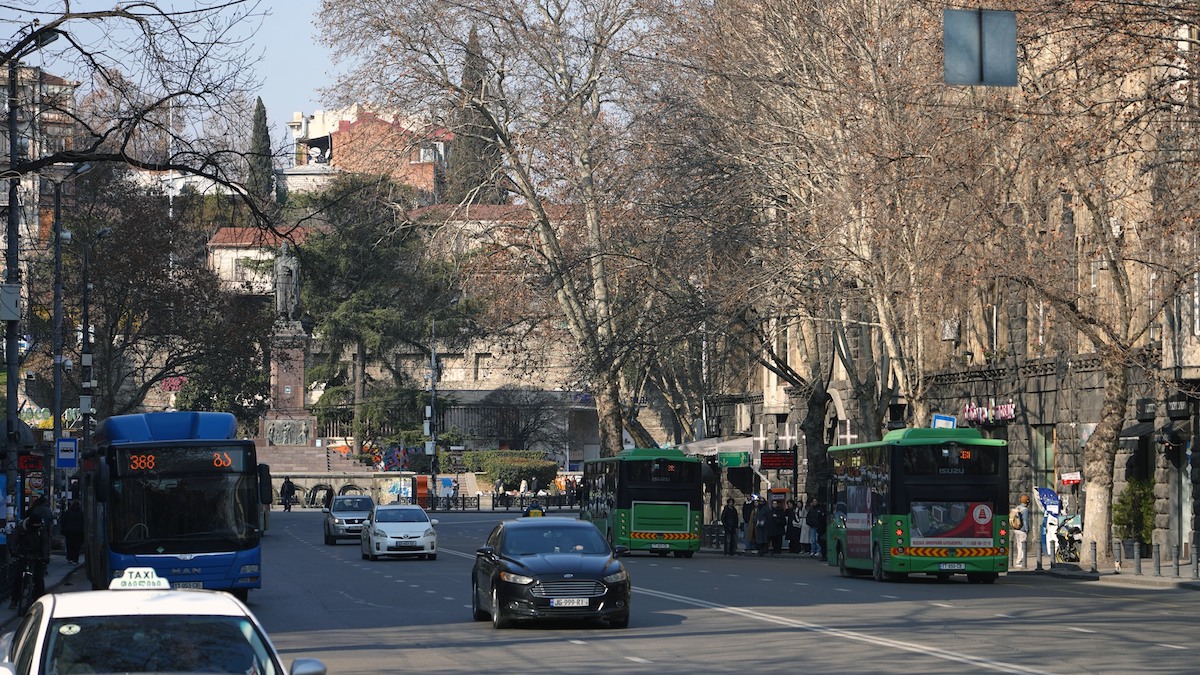Opinion: New law on offenders under 14 could violate children’s rights in Georgia
New law on juvenile crime in Georgia
The Georgian Centre for Social Justice (GCSJ) has assessed the new draft law, “On the Rehabilitation and Support of Minors in Conflict with the Law”, and warns that, instead of providing rehabilitation and support, the amendments could lead to serious violations of children’s rights and a major setback in child protection.
The centre urges the Georgian Dream party not to pass the legislative package and to focus on preventive policies instead.
The organisation argues that, although the draft law states that placing a child in a children’s home is not a form of punishment and that the decision is made by a court, the rules for placement and the conditions of stay suggest that the measure is effectively equivalent to restricting the minor’s freedom and confining them in a closed institution.
“In particular, the draft law says that a child placed in a children’s home for minors in conflict with the law may move freely within the facility, but it does not clearly guarantee this right. The law also stipulates that a minor cannot leave the home without the consent of the director or an authorised representative.”
Only after undergoing a formal review can a minor in conflict with the law be allowed, accompanied by a legal guardian, to temporarily leave the children’s home.
“The draft law establishes that the rules for temporary leave, the times and procedures for visits, and the measures to ensure the minor’s safety will be determined by the Minister of Justice.
Minors will receive their education within the Rehabilitation and Support Home and will not be allowed to attend other educational institutions, such as public schools, vocational colleges, or higher education institutions,” the statement says.
What human rights defenders say
According to the Georgian Centre for Social Justice, the draft law directly contradicts international standards on child protection. The centre highlights several violations:
- Age of placement in a children’s home: The draft allows children as young as 10 to be placed in a home. However, the UN Committee on the Rights of the Child states that criminal responsibility should generally start at 14. Scientific research shows that the brains of 12–13-year-olds are still developing, so their ability for abstract thinking and understanding the consequences of their actions is not fully formed.
- Recommendation to raise the age of responsibility: Considering the complexity of child development, the Committee even supports raising the age of criminal responsibility to 15 or 16. Responses to the actions of children below criminal age should follow a child-focused, interdisciplinary approach. They should be based on comprehensive assessments of the child’s needs, with support provided within the family. Separation from the family — for example, placement in alternative care institutions — should be used only as a last resort.
- Risk of indefinite detention: The draft states that a child may leave a children’s home after the court-determined period. However, the law allows placement for up to six months, with the court able to extend it for further six-month periods repeatedly. The law sets no limit on total duration, creating a risk that children could remain confined until adulthood. This mechanism, allowing long and disproportionate restriction of freedom, violates international standards. According to the UN Committee on the Rights of the Child, freedom restrictions should be as short as possible.
- Lack of last-resort principle: The draft fails to clearly establish that placement in a home should be a last resort. In some cases, such as when a prosecutor issues a simplified procedure decision confirming the child committed an offence with a maximum sentence of over five years, placement in a home is used instead. Georgian practice shows that minors often commit crimes in groups or with aggravating circumstances. Under the Criminal Code, offences including group property crimes carry maximum sentences over five years, automatically leading to placement in a home. This clearly violates the Convention on the Rights of the Child and UN rules on the treatment of detained minors, which require freedom restrictions to be a measure of last resort.
- Insufficient appeal guarantees: The Convention on the Rights of the Child requires that every child has access to appeal mechanisms, immediate legal and other support, and the right to challenge the lawfulness of detention. The draft law does not provide clear mechanisms for appeal or effective support, which is a major problem.
- Risk of educational and social isolation: Children placed in special institutions are unlikely to receive quality education — general, vocational, or higher education — and will be isolated from society, further hindering their development and social integration.
“Research shows that restricting or depriving children of their freedom has a serious impact. For example, a UN-backed study found that confinement can have sharply negative effects on children’s physical and mental health, their development, and their future lives. Studies show that detained children experience fear, isolation, trauma, and face discriminatory and stigmatizing treatment.
Although the Georgian Dream party in recent years has passed repressive laws under the pretext of protecting children and families, it now flagrantly violates minors’ rights and ignores their needs. The ruling party not only fails to uphold the principles of its own Juvenile Justice Code, respect international child protection standards, or implement preventive policies, but its initiatives also rob children of their future. These children are already vulnerable due to poverty, social marginalization, or family trauma.
We live in a country where more than 378,000 children are registered as socially vulnerable, over 278,000 minors receive unemployment benefits, and many children face severe material and social deprivation with limited access to quality education, healthcare, social support, and safe environments. Yet the government ignores the reality in which minors live and treats lowering the age of responsibility and punishment as the only solution.
We urge the Georgian Dream party not to adopt this legislative package and instead focus on preventive policies that provide proper support to children and strengthen families, rather than punishment,” the human rights defenders said.
The Georgian parliament plans to adopt a special law targeting minors who commit criminal offences under the Criminal Code before turning 14.
Under the draft law, a new public legal entity will be established within the Ministry of Justice — the Centre for Rehabilitation and Support of Minors in Conflict with the Law. This centre will serve as the leading and coordinating body responsible for implementing the measures outlined in the law. Its powers and responsibilities will include:
- Assessing the condition of minors in conflict with the law and their individual needs;
- Referring or directing minors to appropriate services or programmes;
- Monitoring the participation of minors in these services or programmes;
- Tracking the condition of minors after they complete the relevant programmes;
- Placing minors in a rehabilitation home in cases provided for by law.
Experts have criticised the draft, arguing that “placing children in prison-like institutions” is not the best way to address juvenile delinquency. The government, however, insists that this model is widely used in Europe — particularly in Germany — and that Georgia is directly copying the German system.
New law on juvenile crime in Georgia






















